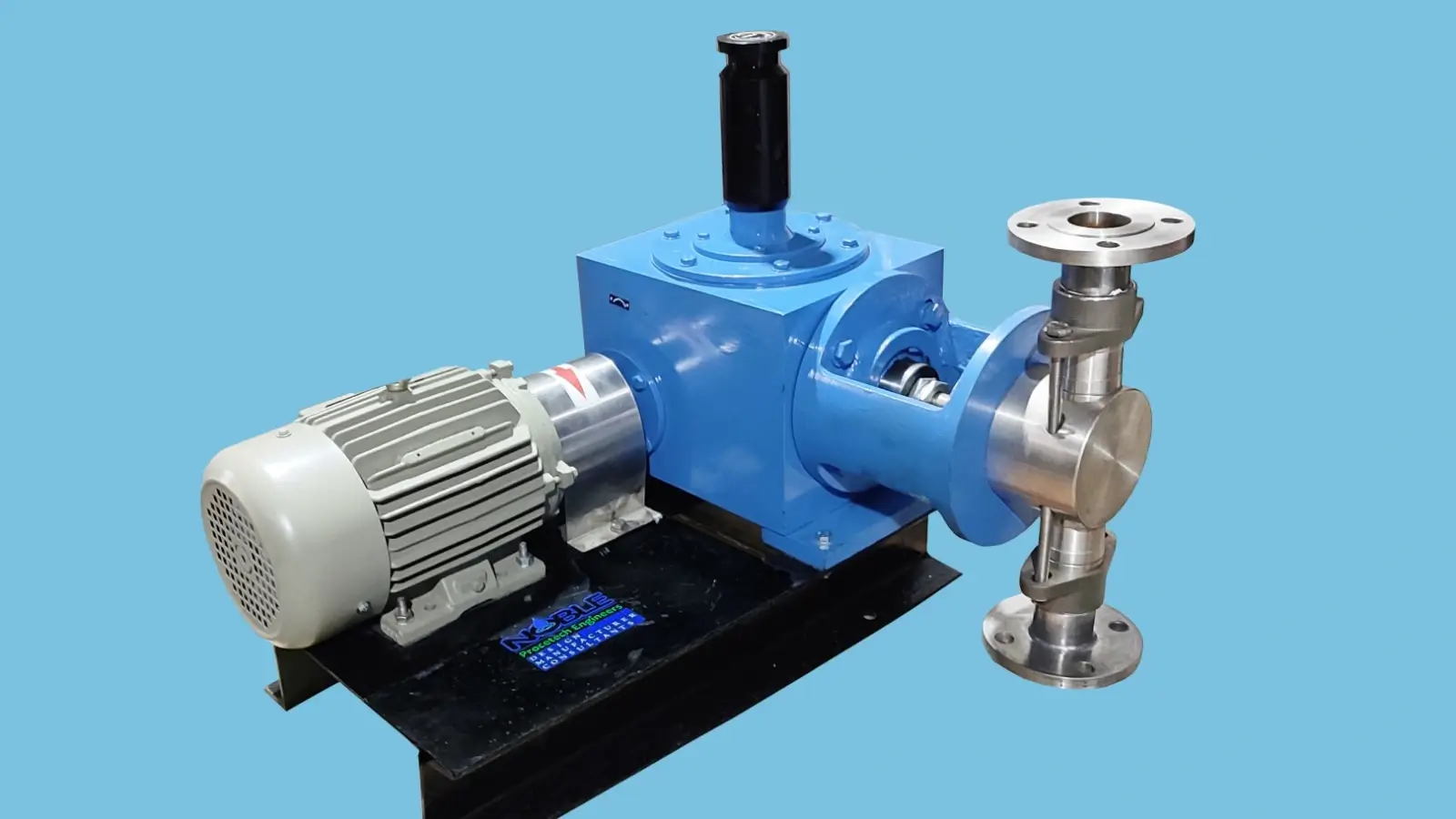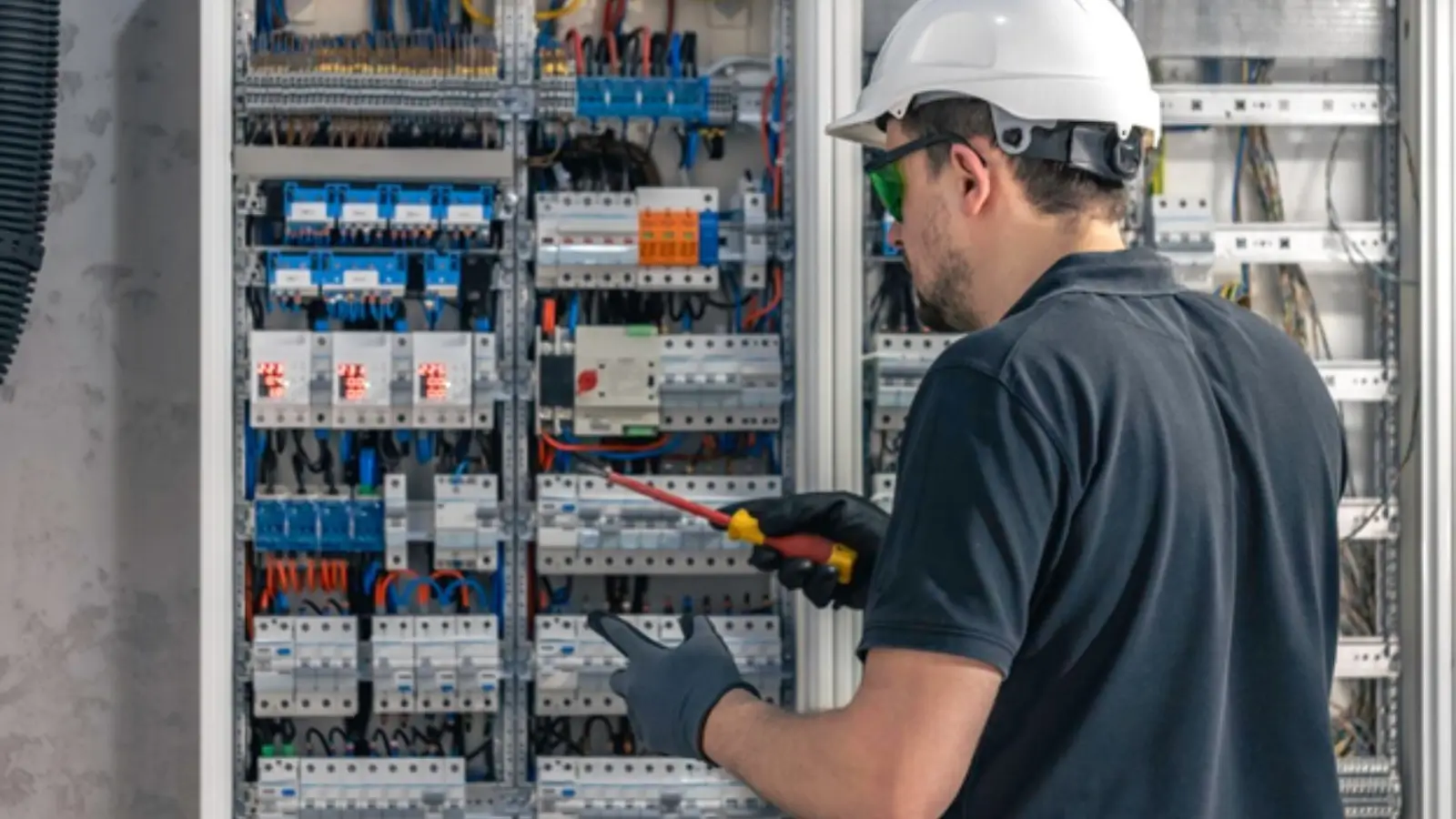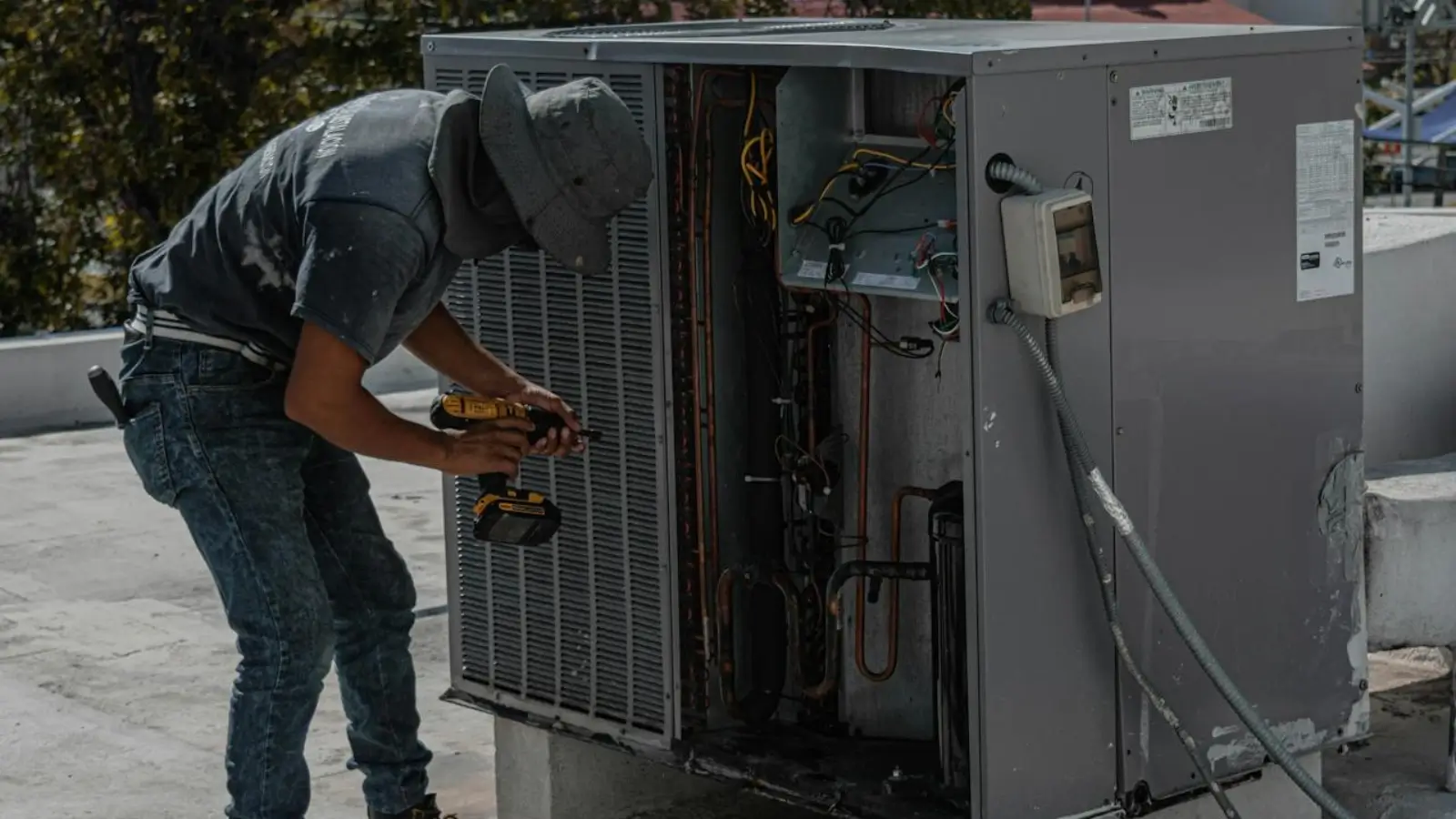The meticulous control of fluid dynamics is a critical aspect across a myriad of industries, from water treatment to chemical processing. At the heart of these sophisticated systems lies a pivotal component – the chemical dosing pump. This device ensures accuracy and reliability in the delivery of chemicals, playing an essential role in maintaining operational efficiency, safety, and compliance. In this article, we explore the importance of chemical dosing pumps and how they contribute to precision in fluid management.
The Functionality of Chemical Dosing Pumps
Chemical dosing pumps are precision instruments designed to inject a controlled volume of chemicals into a process or system. They operate under various pressures and flow rates to meet the stringent demands of fluid management. The design and functionality of these pumps allow for a consistent dosage of chemicals, which is essential for processes requiring high precision, such as pH control, disinfection, and coagulation.
Accuracy in Chemical Delivery
One of the foremost benefits of using a chemical dosing pump is its ability to deliver chemicals with exceptional accuracy. In scenarios where the balance of chemicals is critical, even the slightest deviation can lead to inefficiency or system failure. These pumps come equipped with advanced control mechanisms that ensure the right amount of chemical is administered at the right time.
Adaptability and Control
The versatility of chemical dosing pumps allows them to be adapted to a wide range of applications. They can handle various chemical viscosities and compounds, making them suitable for multiple industries. Modern chemical dosing pumps feature controls for adjusting the dosage and flow rate, enabling precise management of the fluid dynamics within a given system.
Applications of Chemical Dosing Pumps
Chemical dosing pumps are used in numerous applications, each with specific requirements for fluid control. In water treatment plants, they ensure the safe and effective purification of water by injecting accurate doses of disinfectants. In the pharmaceutical industry, the dosing pumps help maintain the purity of ingredients, ensuring that the end-products meet the highest quality standards.
Ensuring Environmental Safety
Environmental regulations often dictate the treatment of effluents before discharge. Chemical dosing pumps play a key role in meeting these standards by controlling the amount of chemicals used in the treatment process. This not only helps in protecting the environment but also in reducing the costs associated with chemical wastage.
Operational Efficiency and Cost Savings
A precise chemical dosing pump is an indispensable tool for achieving operational efficiency. By delivering the correct amount of chemicals, it minimises waste and reduces the risk of damage to equipment caused by over or underdosing. These pumps contribute to cost savings in the long run by optimising chemical use and prolonging equipment lifespan.
Maintaining System Integrity
Overdosing or underdosing of chemicals can lead to several issues, including the corrosion of system components, the formation of harmful by-products, or insufficient treatment. Reliable chemical dosing pumps safeguard against such concerns by ensuring consistent chemical delivery, thus maintaining the integrity of the entire system.
Compatibility and Material Selection
It is vital to choose a chemical dosing pump that is compatible with the chemicals it will handle. Materials used in the construction of the pumps, such as the diaphragm, valves, and seals, must be resistant to the chemicals being dosed. This compatibility reduces the risk of leaks or failures, which could have serious repercussions on both the process and personnel safety.
Technological Advancements
The integration of technology has significantly improved the functionality of chemical dosing pumps. Innovations in pump design include features such as digital dosing, remote monitoring, and automated systems that can adjust dosing parameters in real-time. This level of control optimises chemical usage and enhances the overall efficiency of the fluid management process.
Choosing the Right Chemical Dosing Pump
Selecting the appropriate chemical dosing pump for an application requires careful consideration of several factors, including the chemical properties, dosing rate, system pressure, and environmental conditions. Consulting with experienced engineers who understand the intricacies of fluid dynamics can ensure that the chosen pump meets the specific needs of an application.
Regular Maintenance and Calibration
To maintain the accuracy and reliability of a chemical dosing pump, regular maintenance and calibration are essential. Preventative measures, such as periodic inspections and replacements of worn-out parts, help prevent unscheduled downtimes and prolong the life of the pump. Calibration ensures the dosing pump continues to operate within desired specifications.
Conclusion
The significance of chemical dosing pumps in the realm of fluid dynamics cannot be overstated. Their ability to deliver precise amounts of chemicals efficiently is fundamental to the success of countless industrial and environmental processes. As industries continue to evolve and demand greater accuracy in fluid management, the role of the chemical dosing pump will undoubtedly grow in importance, reinforcing its status as a cornerstone of precision in fluid dynamics.
In conclusion, understanding the complexities of fluid management and recognising the essential role that a chemical dosing pump plays in achieving precision can greatly enhance operational performance and sustainability. With the right selection, implementation, and maintenance of these critical devices, industries can ensure accurate, efficient, and environmentally responsible fluid management for years to come.

















